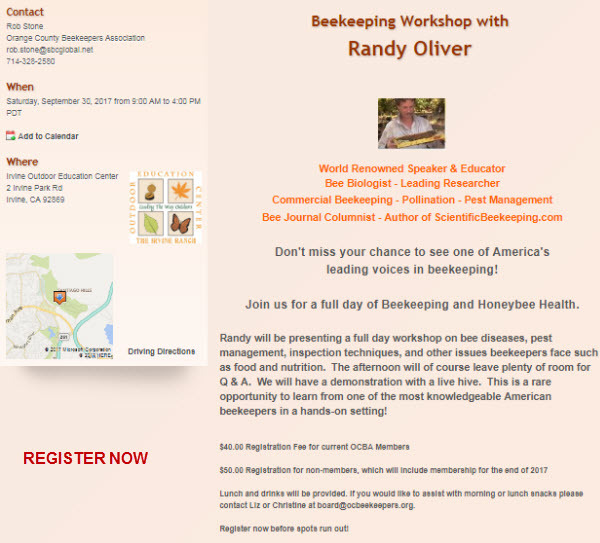Scientific Beekeeping: Research on Oxalic Acid
/Scientific Beekeeping By Randy Oliver February 22, 2018
 Hi All,
Hi All,
Thanks so much for your feedback on the mite model--I received over 700 responses, many with constructive comments that I forwarded to the class. Voting went overwhelmingly to the original graph--596 for it; 26 for the individual graphs; 11 for both. I suggested to the class a way to present all options--taking first-time users step-by-step, with options.
I'm heartened by the number of you worldwide who have already used the mite model. Your feedback and notes of appreciation make my day!
I'm currently deep into cage trials to attempt to determine the optimal formula for the extended-release oxalic acid treatment. I'm trying different ratios of OA to glycerin, as well as using the very similar food-grade solvent propylene glycol. I'm finding that both humidity and degree of saturation of the towels can make huge differences in whether the treatment hurts the bees.

I've also figured out how to quantify the precise amount of oxalic acid on the bees' bodies using titration:

I'm able to accurately quantify the amount of OA to less than 1/10,000th of a gram! I now know how much OA is harmful to the bees, and will soon resume testing to see how little is necessary to kill the mites.
I've recently posted three new articles:
Not surprisingly, the first is Progress Report #3 on the above topic of the extended-release oxalic treatment.
The next two are numbers 14 and 15 in my "The Varroa Problem" series.
One discusses in-hive virus dynamics and the need for early mite treatment.
The other models the expected effect of various mite treatment options, especially repeated oxalic acid vaporizations (would also apply to sugar dusting).
Here at home, our beekeeping season is well underway. Almond bloom in California is nearing an end, just as frosty air moved in to threaten the nutlets with freezing. We've suddenly gone from a balmy early spring, to winter conditions. Indeed, we started grafting queen cells as it was snowing. My sons Eric and Ian are doing a great job at taking over the operation--we went to almonds with our highest colony count yet, and graded at over 15 frames average in those orchards that got graded per contract--giving them a nice bonus!
Happy Beekeeping to All!
Randy
(Please note: Randy Oliver's research on oxalic acid is supported entirely by donations from beekeepers.)











